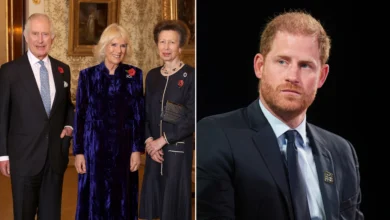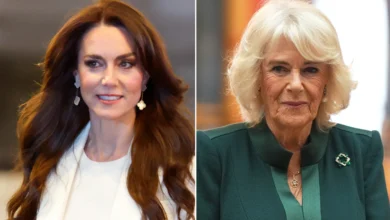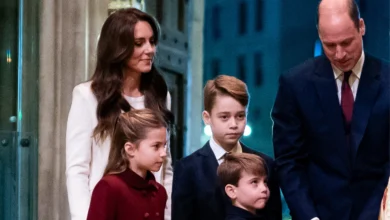
Her Majesty the Queen had candid discussions with her family about her impending death and the concerns it raised, particularly about the logistical challenges if she passed away at Balmoral rather than in London.
In Robert Hardman’s book Charles III: New King. New Court, it is revealed that Queen Elizabeth II was “endearingly reluctant” to cause any inconvenience, even in her final moments.
Her daughter, Princess Anne, later confirmed this during the BBC documentary Charles III: The Coronation Year, sharing that the Queen believed dying at Balmoral would make things “more difficult” for those around her.
Anne recalled the family’s attempts to reassure the Queen that this shouldn’t be a part of her decision-making process. “I hope she felt that was right in the end,” she reflected.
A close family friend shared with Hardman that the Queen had accepted her medical prognosis, realising she wouldn’t live to 100 like her mother, and wanted to make the most of her final year. She ensured that her entire family spent the summer at Balmoral, particularly to create lasting, happy memories for her younger relatives.
The Queen passed away at Balmoral on September 8, 2022, at 3:10 pm at the age of 96. Only King Charles, Queen Camilla, and Princess Anne were present by her side when she died.
Charles and Anne had the fortune of being in Scotland at the time of her sudden decline and were able to spend time with her before her passing. Buckingham Palace had announced at 12:50 pm that Prince William, Prince Andrew, Prince Edward, and Sophie, Countess of Wessex, were en route to Scotland. They arrived at Balmoral at 5:06 pm, nearly two hours after the Queen’s death.
Prince Harry, meanwhile, was still in the air when Buckingham Palace announced her death to the world at 6:30 pm.
In Charles III: New King. New Court, it’s revealed that King Charles received the news of his mother’s passing while out gathering mushrooms, having briefly left her bedside. He was informed of her death by his senior aide while driving back to Balmoral, marking the first time he was addressed as “Your Majesty,” symbolizing his new role as King.



